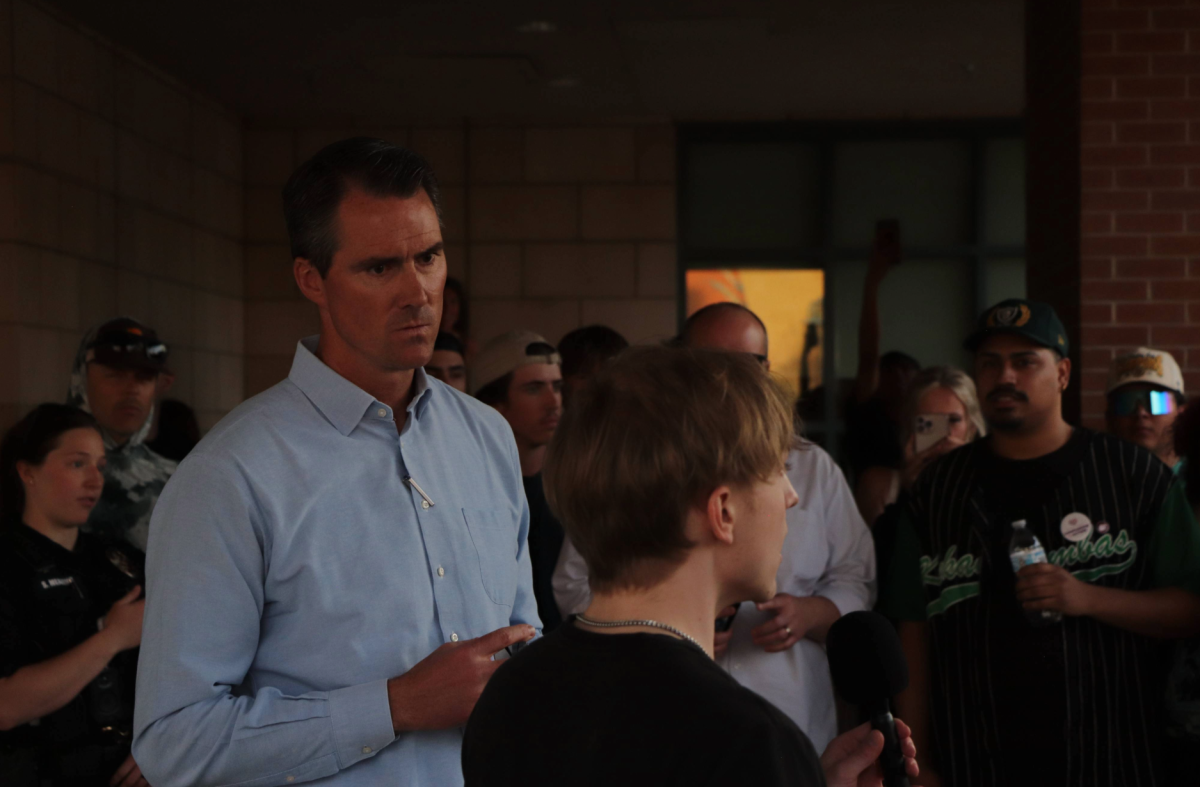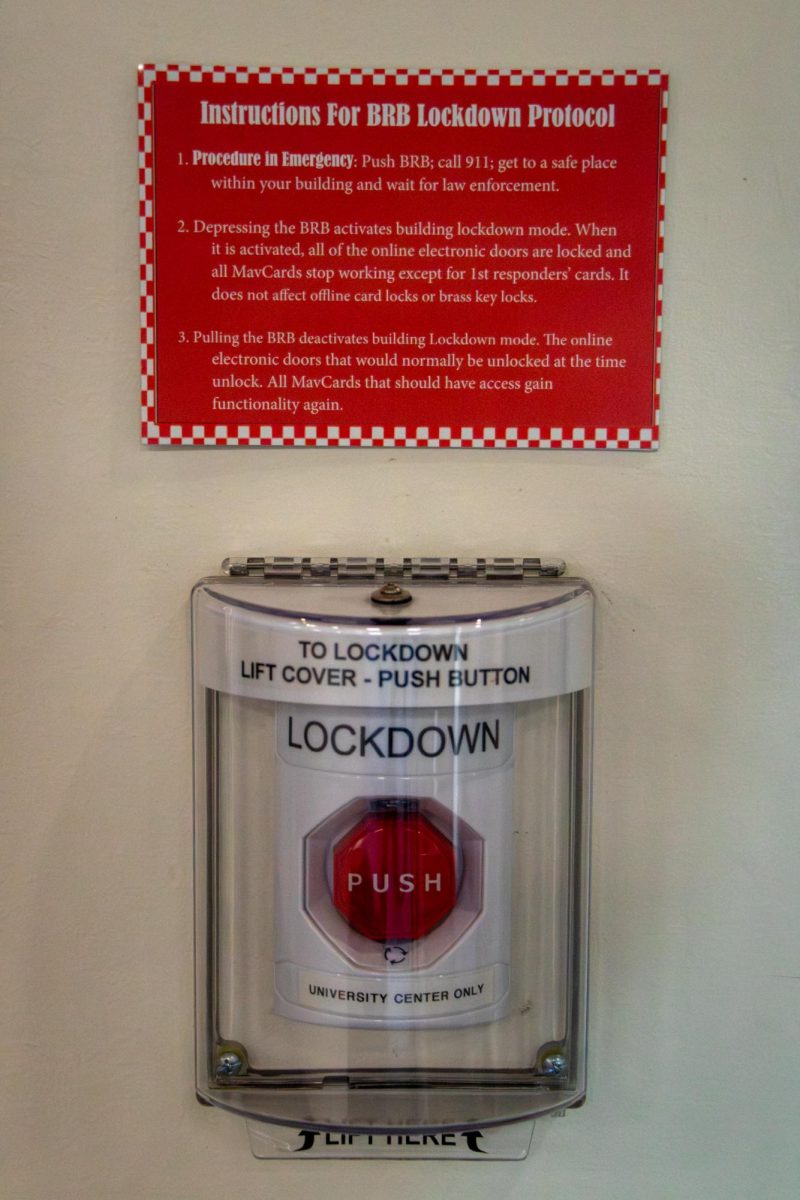The Student Wellness Center hosted a screening of the feature length documentary film, “The Ripple Effect,” Wednesday at 6 p.m. in the University Center Ballroom.
Before the film started, people were able to visit tables set up around the room with various suicide prevention messages. The film started shortly after 6 p.m. and ran until shortly after 7:30 p.m.
The message in “The Ripple Effect” was given by Kevin Hines, who suffers from bipolar disorder and once tried to kill himself by jumping off the Golden Gate Bridge. In the film, he is now an advocate for mental health, devoting himself to helping others get past suicidal thoughts.
The film reveals real-life devastation caused by the suicide or attempted suicide of loved ones, hence the title. At one point in “The Ripple Effect” Hines mentions that ever since he’d tried to kill himself, his father worries about hearing his son has died every time his phone rings.
“The Ripple Effect” shows the importance of realizing the signs of suicide in people, for they usually don’t want to die but are merely stuck in a mental state where they can’t see another option.
According to Hines in the film, before he jumped from the edge of the Golden Gate Bridge, he’d wanted for someone to approach him and ask him if he was okay or if something was wrong. After he’d jumped and gone underwater, he instantly regretted jumping and realized he’d made a mistake.
The film also promoted higher railing or netting on the Golden Gate Bridge, which is a common suicide location.
According to suicidetherippleeffect.com, “Suicide is an epidemic that takes over 800,000 lives globally every year. In the United States alone there are one million suicide attempts and over 40,000 deaths by suicide every year.”













